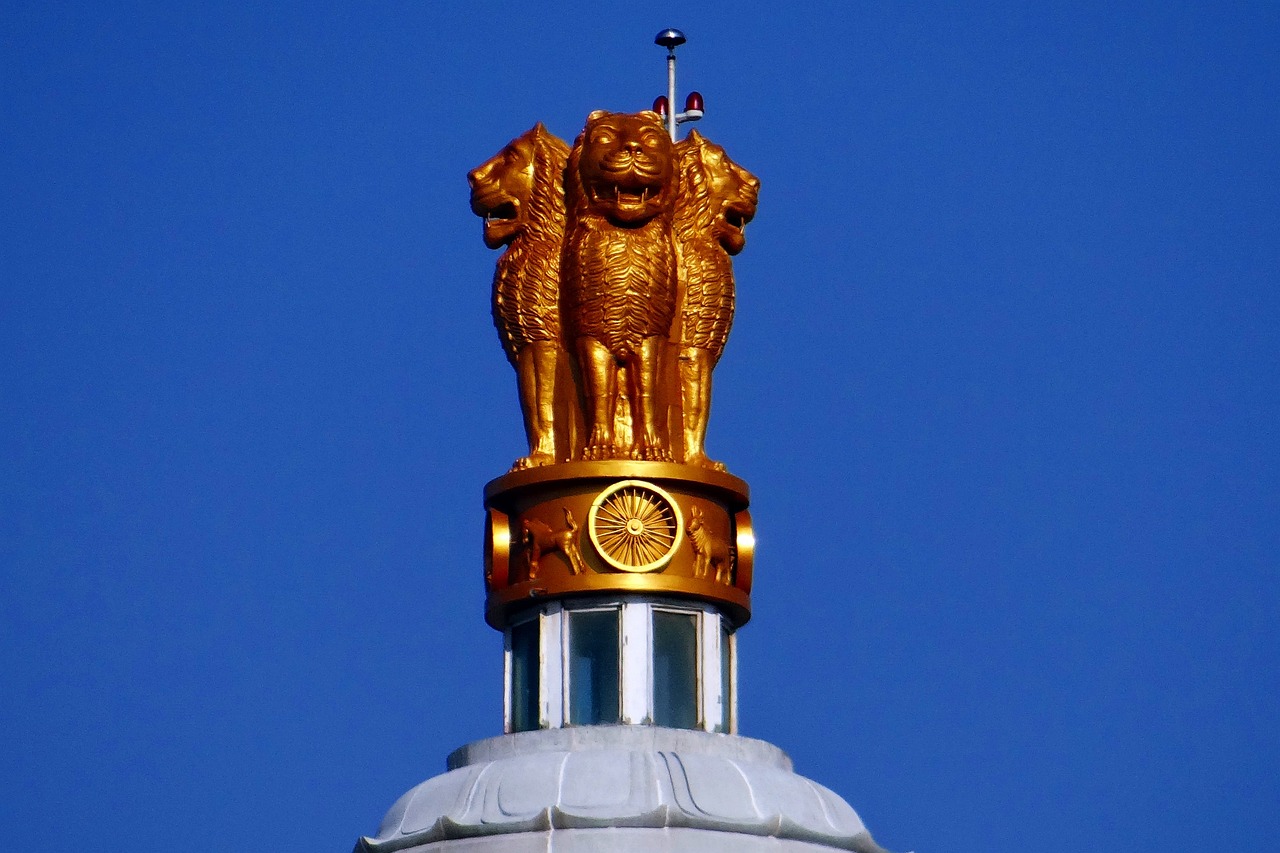Trust in Media and its Impact on Voter Perceptions
When it comes to evaluating the trustworthiness of media outlets, it is essential to consider factors such as journalistic integrity, transparency in reporting, and adherence to ethical standards. Media outlets that prioritize fact-checking, provide diverse perspectives, and disclose potential conflicts of interest are generally perceived as more trustworthy by the public. In today’s digital age, where misinformation can easily spread, consumers rely on credible sources to make informed decisions and shape their opinions on various issues.
However, the trustworthiness of media outlets is often called into question due to allegations of bias, sensationalism, or the spread of fake news. It is crucial for media organizations to maintain editorial independence, uphold accuracy in reporting, and distinguish between news and opinion pieces to build and retain trust with their audience. As media plays a significant role in shaping public discourse and influencing voter opinions, the credibility and reliability of information presented by media outlets can have a profound impact on democratic processes and civic engagement.
• Media outlets that prioritize fact-checking are seen as more trustworthy
• Providing diverse perspectives can enhance credibility
• Transparency in reporting and disclosing conflicts of interest is important for trustworthiness
• Maintaining editorial independence and accuracy in reporting helps build trust with the audience
Media Bias and Voter Influence
Media bias has long been a point of contention in the realm of journalism. It is widely acknowledged that media outlets, whether intentionally or unintentionally, may present information in a way that reflects a particular bias. This bias can greatly influence how voters perceive political candidates, policies, and current events.
The impact of media bias on voter influence cannot be understated. When individuals are consistently exposed to one-sided or incomplete information, their opinions and decisions may be swayed in a particular direction. In an era where news consumption is at an all-time high, the responsibility of media outlets to present accurate and unbiased information is more crucial than ever.
Role of Social Media in Shaping Voter Opinions
Social media plays a significant role in shaping voter opinions in today’s digital age. With the widespread use of platforms like Twitter, Facebook, and Instagram, politicians and political parties have direct access to their constituents, allowing them to share their messages and campaigns more effectively. This direct interaction on social media can influence how voters perceive political issues and candidates, ultimately impacting their decision-making process during elections.
The fast-paced nature of social media also means that information can spread quickly and reach a wide audience within minutes. This immediacy allows for real-time discussions and debates on various political topics, creating a dynamic environment where voters are constantly exposed to new perspectives and opinions. As a result, social media has the power to shape public discourse and influence voter attitudes towards specific candidates or policies, making it a crucial tool for political communication and engagement.
How does the trustworthiness of media outlets affect voter opinions?
The trustworthiness of media outlets plays a crucial role in shaping voter opinions. Voters are more likely to be influenced by information from sources they trust, so it is important for media outlets to maintain credibility and integrity.
How does media bias impact voter influence?
Media bias can greatly influence voter opinions by presenting information in a way that favors a particular political viewpoint. Voters may be swayed by biased media coverage, leading to a skewed perception of political issues and candidates.
What is the role of social media in shaping voter opinions?
Social media has become a powerful tool for shaping voter opinions, as it allows for the rapid spread of information and the ability to reach a wide audience. Social media platforms can influence voter opinions through targeted ads, viral content, and peer-to-peer sharing.







